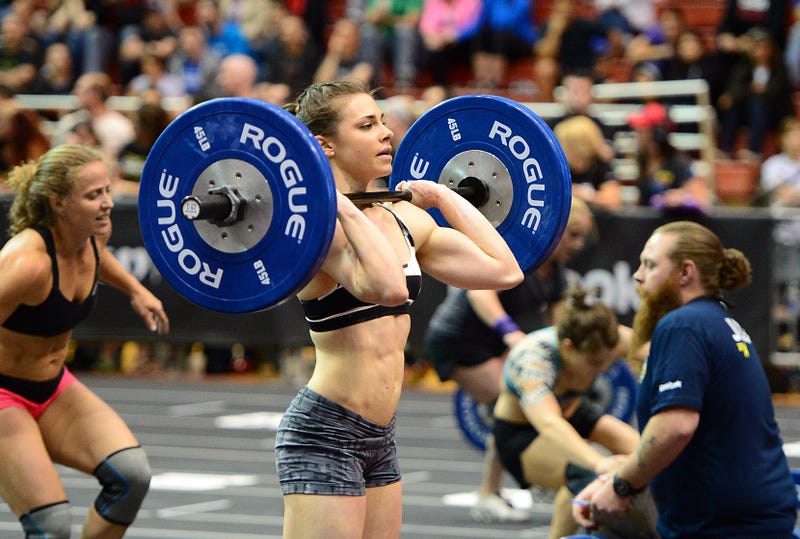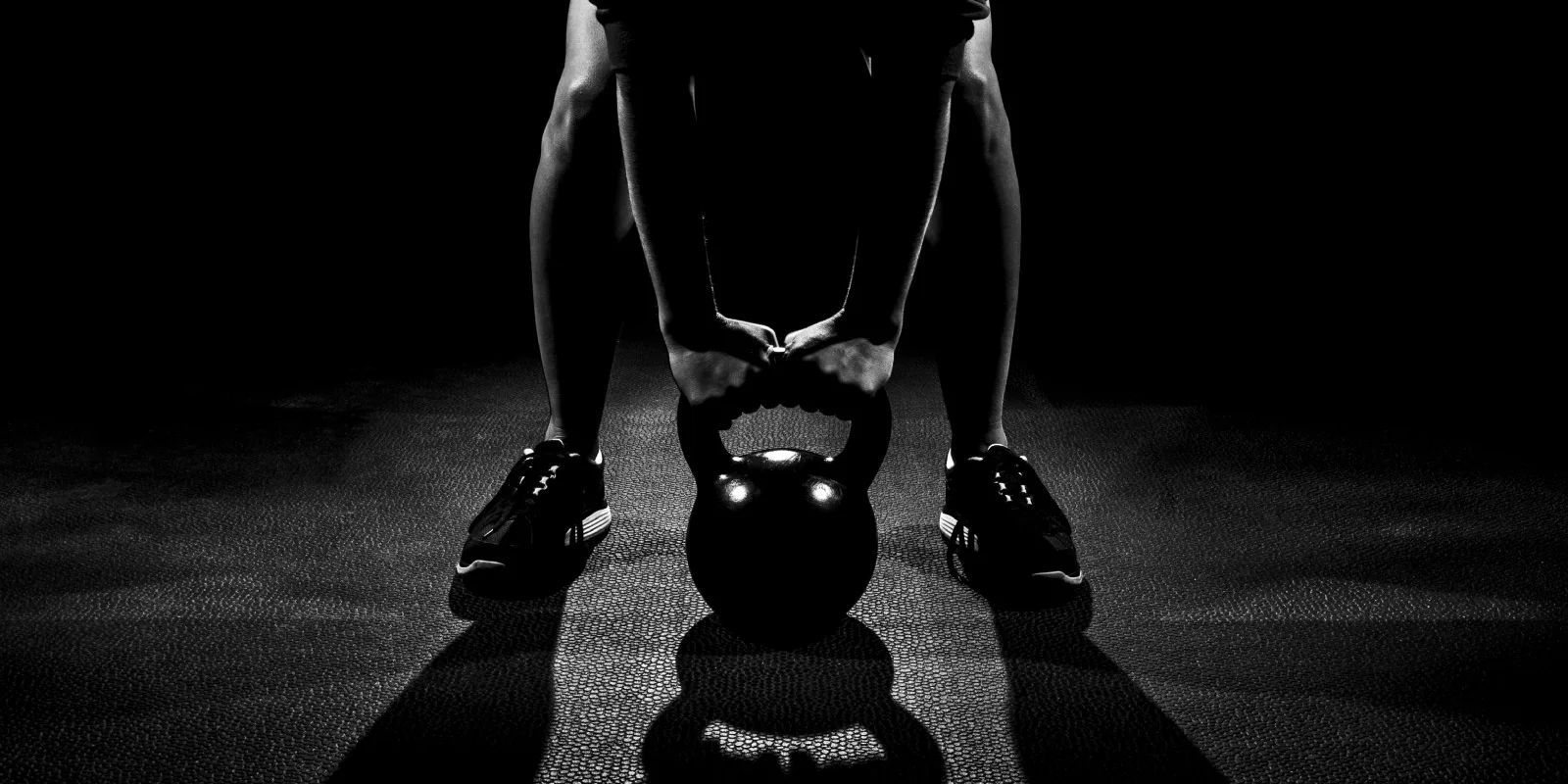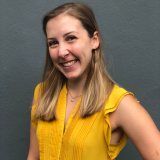
It was in a high school biology class that Dr. Julie Foucher found her love for the human body. She went on to study biomedical engineering in college — her dad, an engineer, said she needed to have a good back up plan. She eventually found her way to medical school where she decided early on that she didn’t want to practice primary care because it was too broad and she wanted to be an expert in one area of the body. During her first year of medical school, she wound up spending about half a day each week in a primary care clinic.
“I was seeing how difficult it was to affect patients in those office visits. We weren’t seeing many changes happening there, but when I was in the gym, I was seeing huge lifestyle changes being made,” Dr. Foucher remembers. “I was seeing people come off their medications, healing their diabetes and blood pressure just by changing the way that they were eating and they were exercising and living their lives.”
At the same time that she was starting medical school, she started to become an expert in something else: CrossFit, nutrition, and fitness. She realized she could be making more of a difference in that clinic by using her knowledge from CrossFit, and that she would be in “a unique position to be able to help people prevent disease by working on their lifestyle.”
When Dr. Foucher started her CrossFit journey, she knew it’d be difficult to train rigorously enough to compete, while also focusing on school. After watching her husband go through medical school, she felt she had a good grasp on how to strike the right balance. Still, she says, “it turned out to be one of the hardest years of my life. I wasn’t very balanced because I was either training or I was studying.”
Because CrossFit was still in its early years of being a sport, training for it wasn’t as intense as it is now, she says.

“I was able to basically treat my school like a job from 8 to 5 or so. And then I would go train in the evening and come back and maybe finish up and study a little bit before I went to bed,” Dr. Foucher explains. She went on to compete at the CrossFit Games and finished in 2nd place, her best finish ever. She decided to take a step back after that, and decided not to train for competition during her second year of medical school due to its increased demands.
Dr. Foucher says that constant reevaluation of time commitments is something that those in medicine need to remember to do from time to time.
“There’s always more work to do and it can be so easy, especially when you’re a student and it’s all so new, to just make that your entire life,” Dr. Foucher says. “I think it’s important to constantly reevaluate, whether it’s every few months or whether it’s once a year, to take a step back and see what your priorities are and what are some other things in your life that are really important to you and that you want to make sure you spend time on, and then making sure that you prioritize that time.”
For her patients, she makes it a top priority to make a difference in their lives, sometimes without any medication.
“We’re so limited, especially in primary care, with our short visits and not being able to work on a lot [of lifestyle factors], we just rely on medications because that’s sort of what we have at our fingertips,” Dr. Foucher says. Since getting into CrossFit, she says she has opened her mind, and “having that belief in your patients — that they’re capable of [making a change] and that it’s possible for them — can go a really long way.”
She points to one relatively young patient she had who was diagnosed with diabetes. Dr. Foucher said the patient was motivated to make a change because she knew that her diabetes could be “the start of this whole train of chronic disease — high blood pressure, high cholesterol, and next thing you know she is setting herself up for a stroke or a heart attack.”
They had a long conversation and the patient made some lifestyle changes, essentially reversing her diabetes without any medication.
“Most of what I did was listen and encourage her and believe in her. She did all the hard work,” Dr. Foucher admits. “But I think that that’s the rewarding part, seeing people in that really early stage and basically helping them change the trajectory of their story and their future.”
As for the CrossFit, she still trains, but now she’s in it for health, not medals.
“CrossFit is about so much more than just the competition,” Dr. Foucher says. “I was in the very small percentage of people who did it as a sport, but the vast majority do it for health and for longevity and for functionality so that they can keep diseases at bay and live long, healthy, fulfilling lives.”







